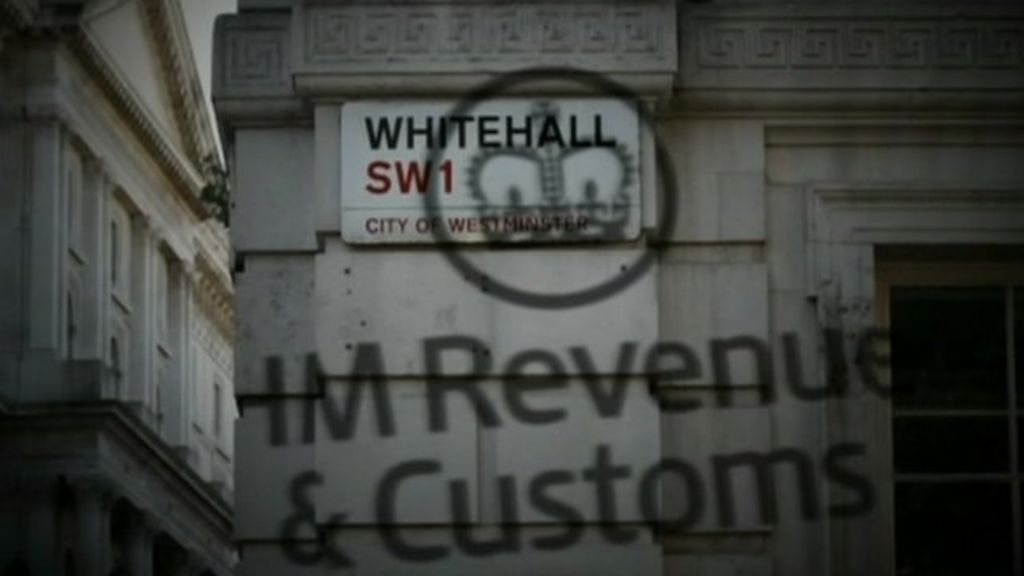Originally posted by ahinton
View Post
If it comes to it I'm sure the police and military will be used in the interests of the few against those of the many (that's the general rule).
As for legalised theft: as a definition of Reaganite / Thatcherite economics I'd say that's accurate.


Comment